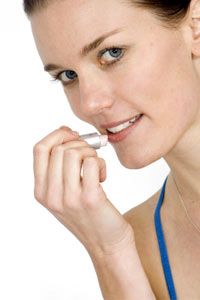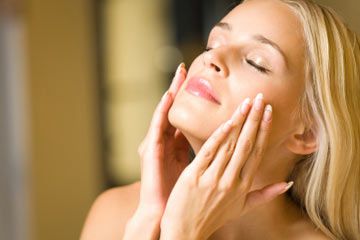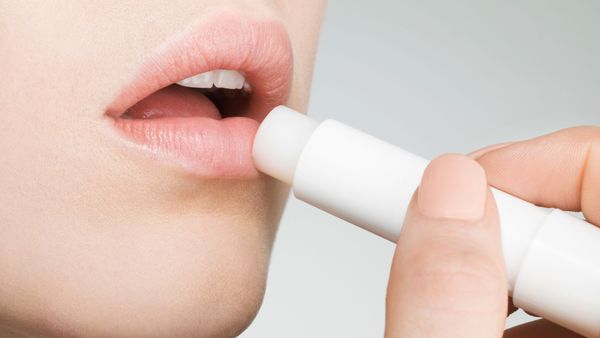You may not think about it often, but your lips are lacking a few things that the skin on the rest of your body has -- oil glands, sweat glands and pigment [source: Indiana Public Media]. You're probably thinking, "Hey, what about that pinkish or reddish tint most mouths have?" The hue is due to how thin the skin near your mouth is, which makes blood vessels more visible. These characteristics make lips unique when compared to the rest of your body, and they need special care that other areas of skin don't require.
Hydration is important for your lips. Drinking plenty of water each day is a simple way to maintain healthy skin. During the winter, use a humidifier to combat dry indoor air and keep dehydration at bay. Your lips won't handle dehydration any better than other parts of your body, and chapped lips are often a result of a lack of fluids [source: Gibson]. Your lips also won't react well to harsh weather, including cold air, sun exposure or wind, so it helps to protect them. A scarf or a lip balm with sunscreen can keep the cold, the hot sun and blustery winds from wreaking havoc on your lips [source: American Academy of Dermatology].
Advertisement
If you have a habit of licking your lips, now may be the time to think about holding back. Not only does the evaporating saliva dry out your lips, but the enzymes in saliva can break down the skin's protective barrier [source: Latona]. Dry lips might feel better momentarily if you lick them, but temporary relief probably isn't worth the long-term effects.
If you are taking care of your lips but you've had a chronic problem with extremely chapped or dry lips, see a dermatologist. You may have an allergy or another problem that requires medical attention.
Read on to learn what works best for moisturizing extremely dry lips.
Advertisement


